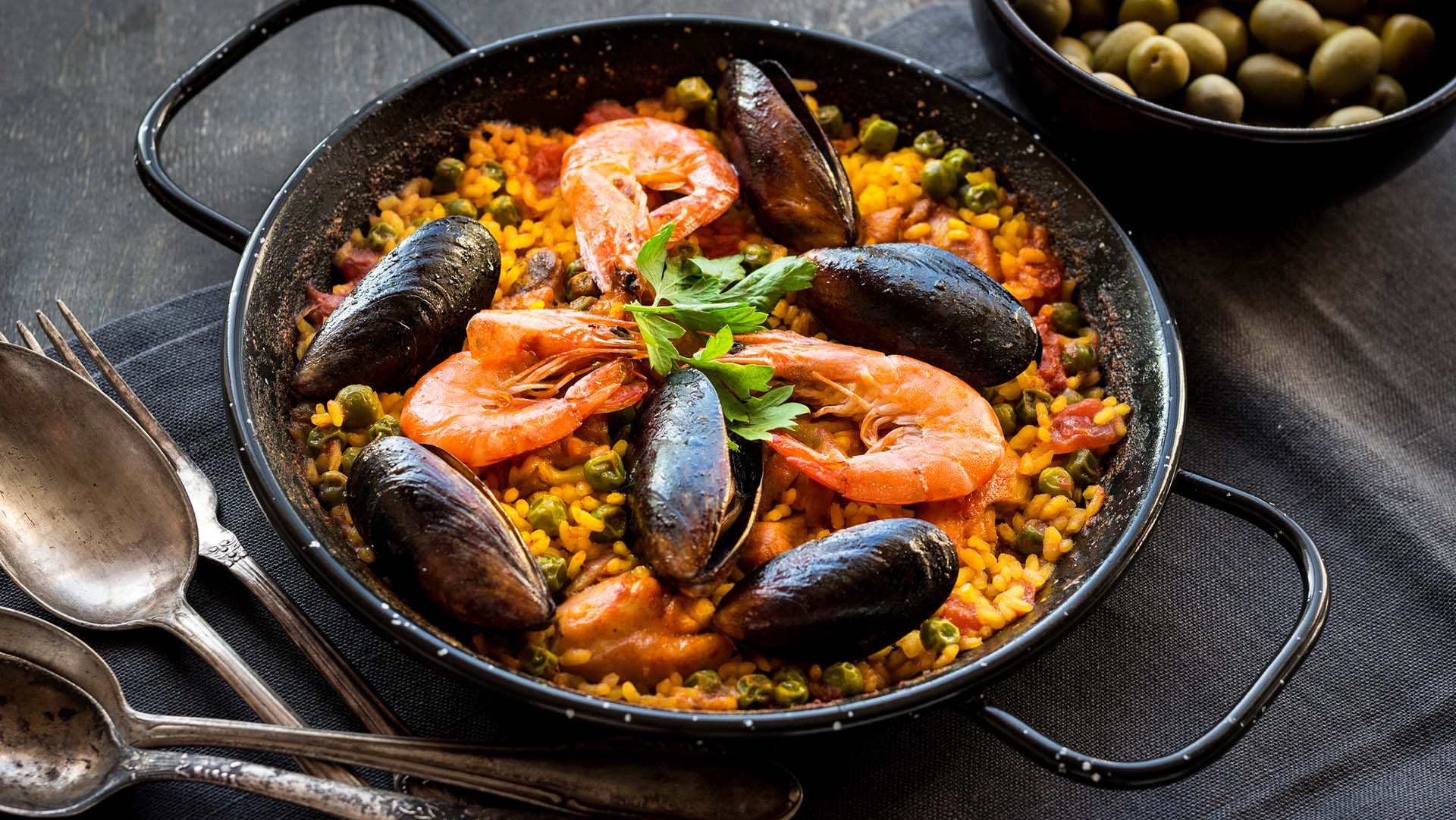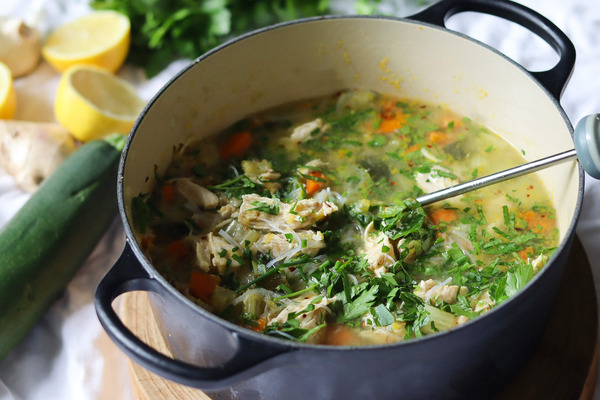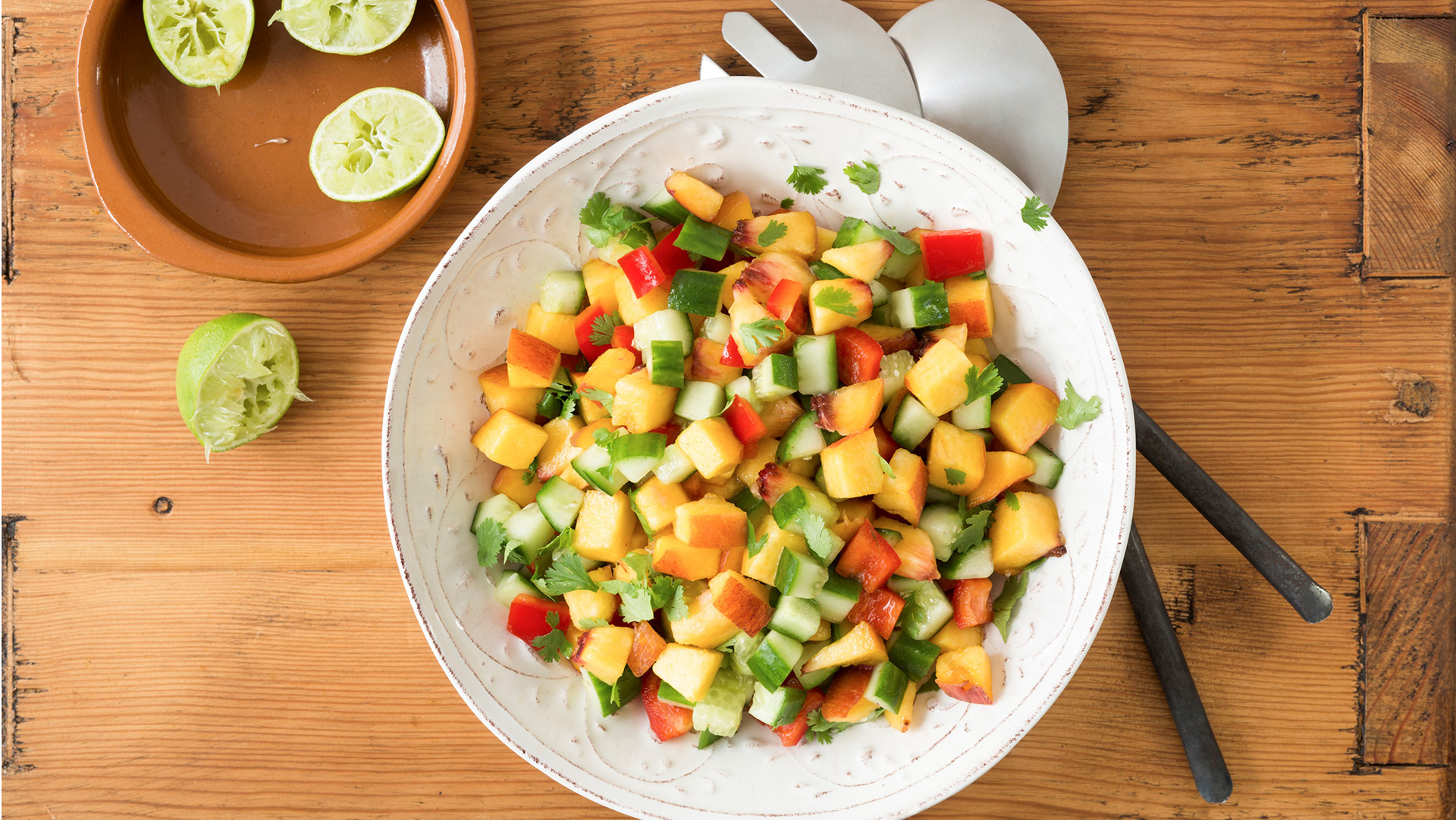-
Enjoying a diet with an abundance of fresh produce, fish and poultry with a touch of red wine is often said to be one of the healthiest lifestyles in the world. While it’s true that Mediterranean eating has long been linked to a bundle of positive benefits, exactly what are they?
Recently, a group of Italian researchers, lead by Dr M Dinu of the University of Florence, undertook a detailed review of the scientific landscape surrounding this way of eating. The review was published in May 2017 in the European Journal of Clinical Nutrition.
No stone remained unturned in this research. All counted, over 12 million people were part of the collection of studies put under the scientific microscope. And the range of health outcomes went from heart disease right through to cancer, with 37 different health conditions studied.
The benefits of the Mediterranean diet
Several of the health outcomes examined only had a few studies to inform them, which made definitive conclusions difficult.
Many of the research studies were observational studies, meaning they’re unable to prove a direct benefit – only an association. However, a big positive was that the diet was not linked to worsening the health of people.
In terms of definitive results, there was a lot of positive evidence suggesting the diet increases longevity and decreases the risk of cardiovascular disease, coronary heart disease and diabetes.
Through this study we can see that while the Mediterranean diet isn’t a silver-health-bullet, it shows the long term benefits of balanced and conscious eating. Dietary trends come and go, but there is a good reason why the traditional Mediterranean diet is consistently praised for its health benefits.
How to eat Mediterranean-style
All in all, there is no one best way to eat, but you can take some cues from the Mediterranean-style diet and adopt these to suit your own healthy lifestyle:
- Let olive oil feature more in your cooking.
- Have vegetables with every meal.
- Try to include more legumes such as lentils, dried peas and beans into your diet.
- Have fish twice a week and reduce the amount of red meat you eat.
- Include yoghurt in your diet (Greek style of course) and smaller amounts of a variety of cheeses.
- Switch to wholegrain breads and cereals.
- Indulge in a little red wine.
Learn more about what makes the Mediterranean diet so good for you.
The Mediterranean diet - fact or fad?

-
Is sharing a meal the secret ingredient to a happier life?
Why social connection may be the most important ingredient on your plate.
-
Chicken soup with parmesan, rice, peas and lemon recipe
Nourishing chicken soup
-
The best immunity-boosting foods
Key nutrients to focus on that could help to boost your immunity, and the how to get them.
-
Comforting chicken noodle soup
Packed with anti-inflammatory ingredients including leek, garlic and ginger, this chicken noodle soup is hearty, full of goodness and great for any night of the week.
-
Peach salsa recipe
Zesty and unusual peach salsa recipe
-
Pineapple gingerbread crumble recipe
A summer riff on a winter classic.
Subscribe to receive the best from Live Better every week. Healthy recipes, exercise tips and activities, offers and promotions – everything to help you eat, move and feel better.
By clicking sign up I understand and agree to Medibank's privacy policy






